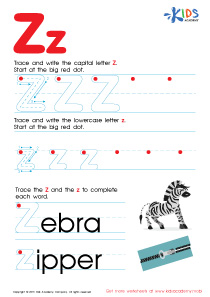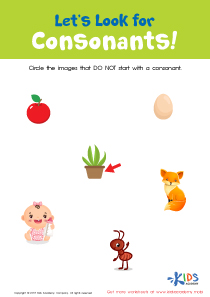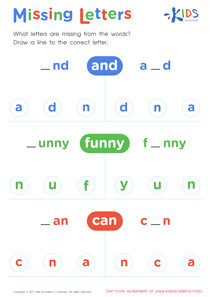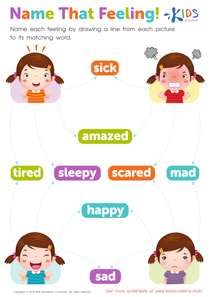Handwriting practice Extra Challenge Alphabet Worksheets for Ages 3-8
5 filtered results
-
From - To
Boost your child's handwriting skills with our Handwriting Practice Extra Challenge Alphabet Worksheets, perfect for ages 3-8. These engaging worksheets are designed to improve letter recognition, penmanship, and fine motor skills. With activities ranging from tracing to independent writing, children will enjoy a structured, fun approach to mastering the alphabet. Compliment your child's learning journey with our expertly crafted resources, ensuring they gain the confidence and proficiency needed for early literacy development. Discover why parents and educators trust our worksheets to provide an extra challenge that keeps kids motivated and excited about handwriting practice!


Letter R Tracing Page


Letter X Tracing Page
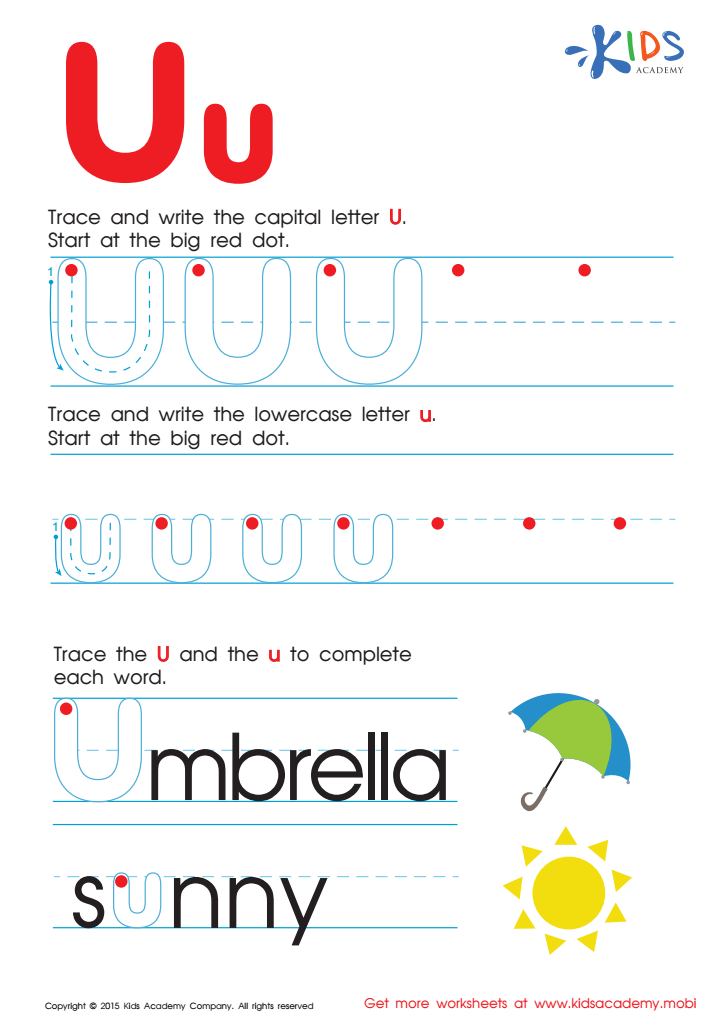

Letter U Tracing Page
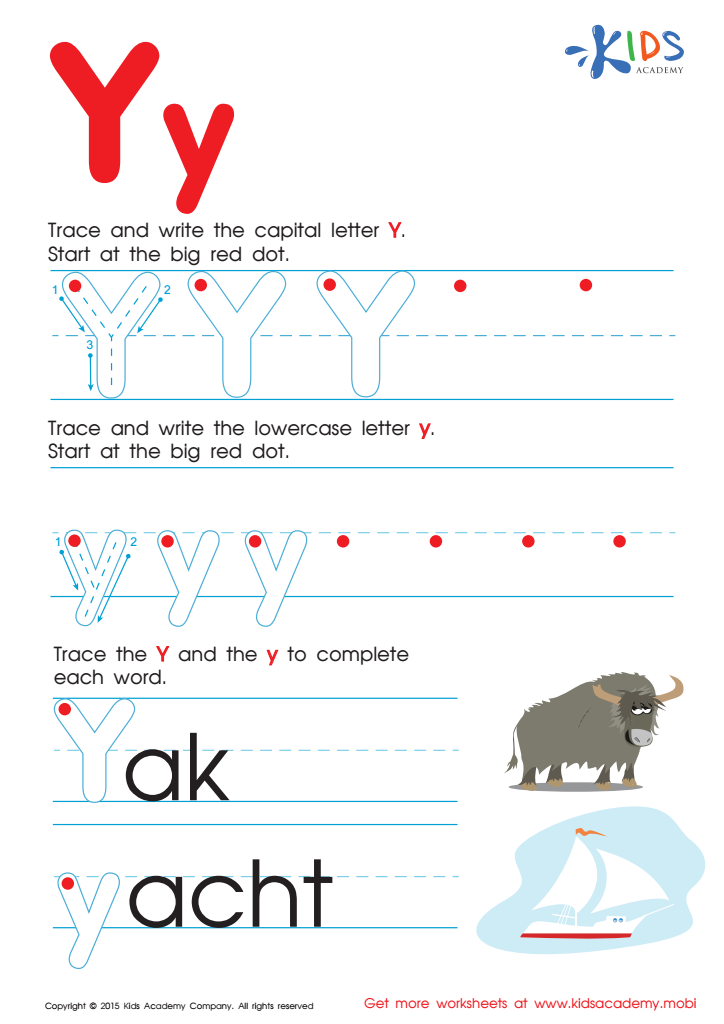

Letter Y Tracing Page
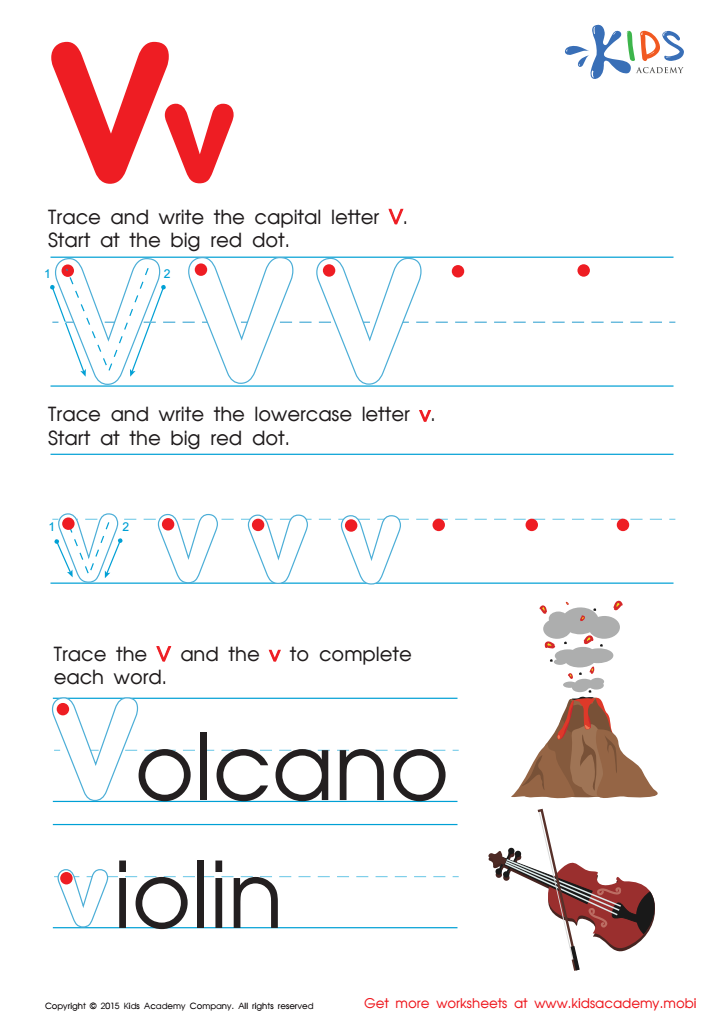

Letter V Tracing Page
Handwriting practice is a crucial developmental step for children ages 3-8, as it lays the foundation for essential skills that last a lifetime. Engaging children in handwriting exercises, like an Extra Challenge Alphabet, gives them more than just the ability to form letters neatly. It enhances their fine motor skills, such as hand-eye coordination and dexterity, which are necessary for daily tasks like buttoning shirts or tying shoelaces.
Creating muscle memory for effectively holding a pencil encourages better grip and control that becomes vital for all writing tasks in the academic environment. This practice is not solely about legibility; it’s tied to cognitive development. Writing by hand engages different brain regions than typing, promoting greater retention and comprehension of information, improving learning across all subjects.
Additionally, consistent handwriting practice fosters discipline and patience. By setting extra challenges, children learn to navigate through deliberate and structured tasks. Overcoming these challenges boosts their self-confidence, encouraging a growth mindset where they learn that persistence leads to improvement.
For parents and teachers, supporting handwriting practice offers invaluable one-on-one interaction where they can provide immediate feedback and encouragement. This process nurtures stronger emotional bonds, making children feel supported and motivated to succeed both in and out of school. Thus, while technology evolves, the fundamental practice of handwriting remains a cornerstone of early educational development.

 Assign to the classroom
Assign to the classroom
.jpg)




